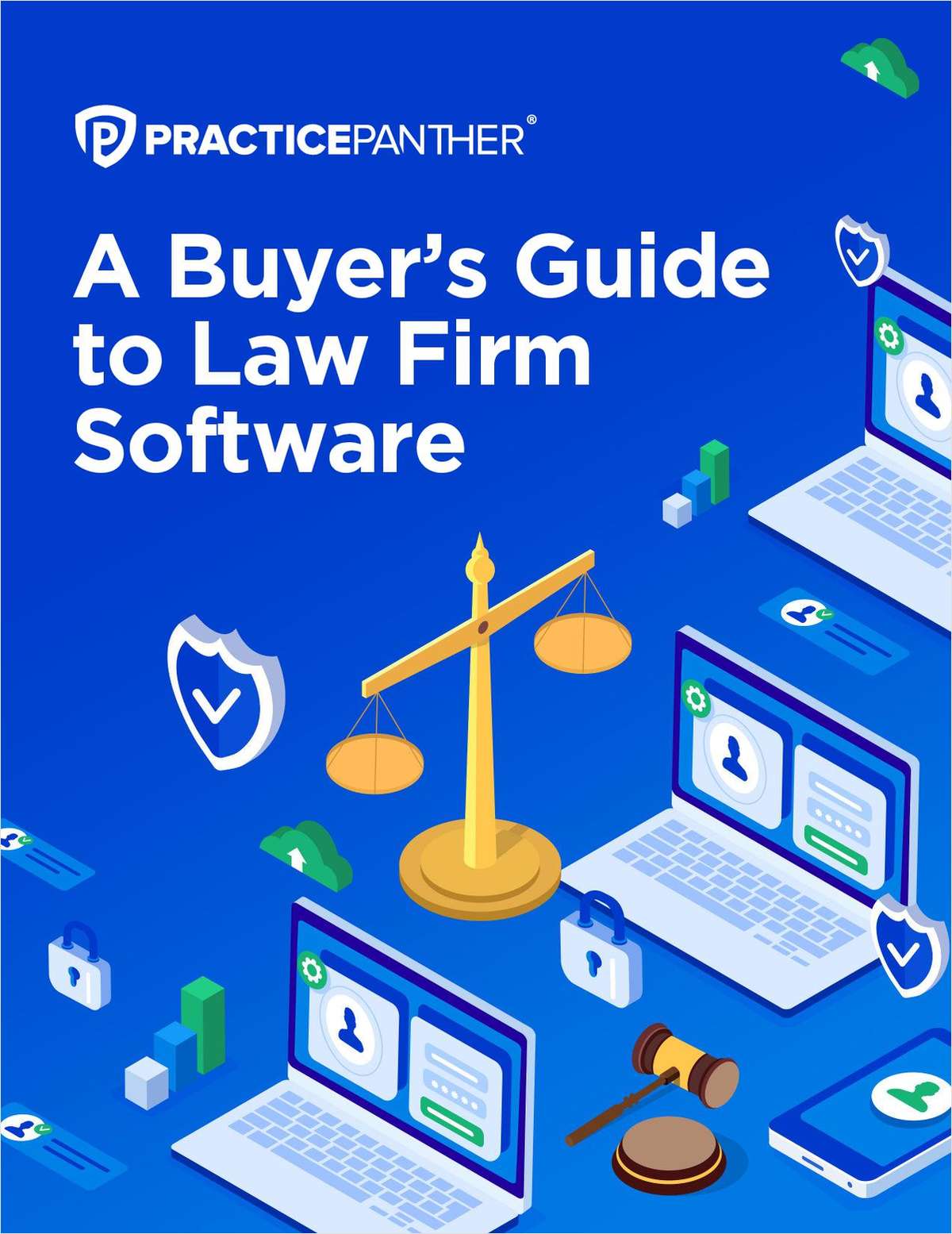0 results for 'Pullman Comley'

State Begins Implementing Comprehensive Energy Strategy
With the recent signing of Public Act 13-298, an "Act Concerning Implementation of Connecticut's Comprehensive Energy Strategy," and Public Act 13-303, an "Act Concerning Connecticut's Clean Energy Goals," Governor Dannel Malloy kick-started the implementation of Connecticut's Comprehensive Energy Strategy which he had announced less than a year before.
Education Law: Leveling The Playing Field
When Congress enacted Title IX of the Education Amendments of 1972, 20 U.S.C. §§1681 et seq., it forever changed the landscape of interscholastic and intercollegiate sports.
'Fluctuating Workweeks' Can Affect Overtime Pay
Two recent decisions by Connecticut courts illustrate both the utility and some of the limitations of using the "fluctuating workweek method" to calculate the overtime pay for non-exempt employees who work more than 40 hours in a workweek.
Restoring The Foundation: Assessing Construction In Progress
This supplements the article published on March 5, 2012 entitled "Changing the Foundation: Assessing Construction in Progress." The last article presented an extensive history of the assessing of construction in progress by municipalities for property tax purposes, the tumultuous changes occurring in the law, and the numerous questions to be addressed. This article serves to answer some of those questions and leave you with a couple more.
Is Booting A Computer Really Work?
An hourly employee comes to work, hangs up his jacket, hits the power button on his computer and waits for the unit to fire up. Is he working yet? Should he be paid? You might think it's a silly question. But the issue is getting some serious attention, as lawyers are noting a new type of lawsuit, in which employees are suing over time spent booting - or starting up -- their computers.
The Unworthy Client And Other Intake Considerations
These are difficult times for lawyers. In such times, lawyers and law firms, of every size, are understandably reluctant to turn down any opportunity to gain a new client, and so may tend to see every potential client as a good one.

The Unfinished Business Doctrine: Law Firm Dissolutions Bring Risks
Based on the efforts of a highly paid legal industry consultant, your firm has been in confidential negotiations with a practice group looking to leave a prominent, nationally known law firm.
Should Connecticut Regulate Surgery in Doctors' Offices?
Connecticut's medical centers and physicians' offices offer patients convenient and affordable access to outpatient surgical procedures. But the state's hospitals are raising issues of patient safety and want regulation of the increasingly sophisticated surgical procedures performed in physicians' offices, the same way hospitals are regulated. Physicians reply that such an intrusion is unprecedented, unwarranted and unfair. That puts the ball squarely in the court of the state Office of Health Care Access.
Bankruptcy Reform May Be Bigger Headache
Bankruptcy lawyers, judges and trustees in Connecticut are worrying about bankruptcy reform legislation making its way through Congress. The legislation is considered by many to be too creditor-friendly, with the potential of causing a severe migraine for lawyers and judges alike.TRENDING STORIES
More from ALM
- Morgan & Morgan Class Action Attorneys Detail Pathway to Success Within Cybersecurity and Data Privacy Practice 1 minute read
- Holwell Shuster & Goldberg Partners Leverage 'Hostile' Witnesses to Secure $101 Million Verdict Against Walmart 1 minute read
- Legal Speak at General Counsel Conference Midwest 2024: Mike Andolina, Partner, White & Case 1 minute read
Resources

State AI Legislation Is on the Move in 2024
Brought to you by LexisNexis®
Download Now

2024 ESI Risk Management & Litigation Readiness Report
Brought to you by Pagefreezer
Download Now

Creating a Culture of Compliance
Brought to you by Ironclad
Download Now

A Buyer's Guide to Law Firm Software
Brought to you by PracticePanther
Download Now



